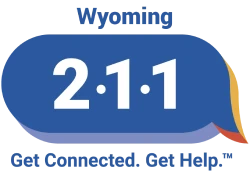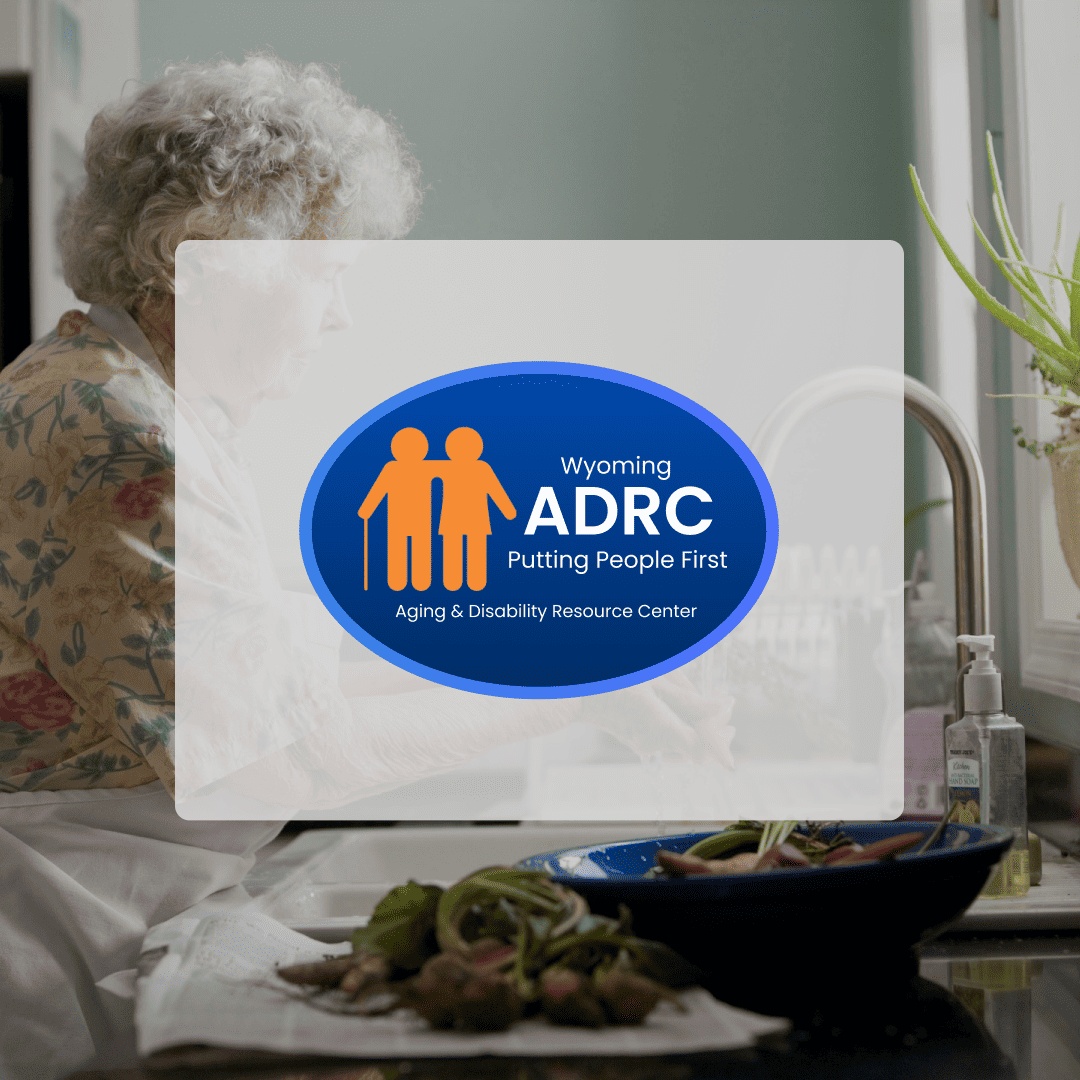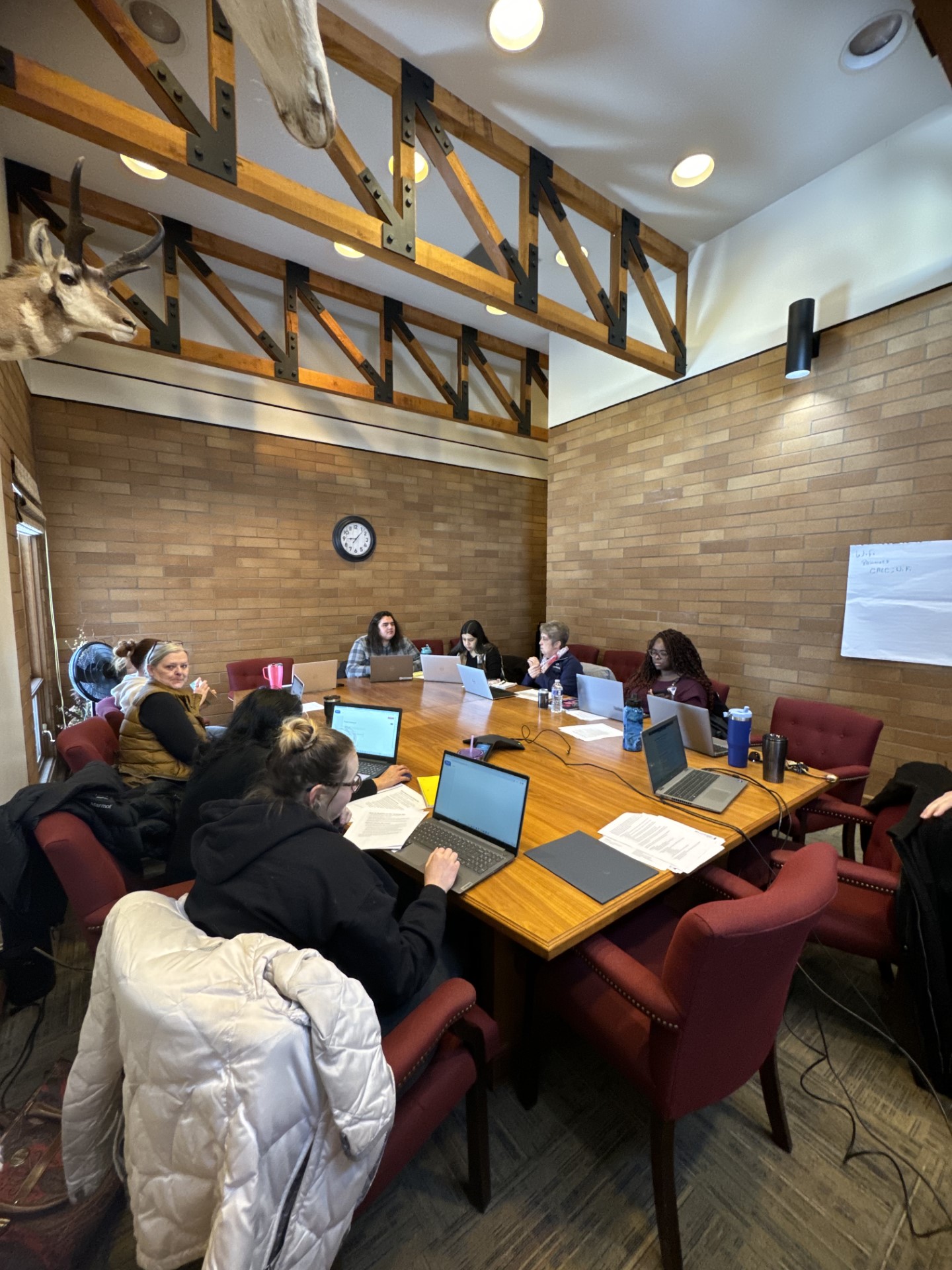Wyoming Dispatcher: “9-1-1, what’s your emergency?”
Elderly Man: “My utilities were just shut off! I can’t afford to pay my light bill…I don’t know what to do!”
Wyoming Dispatcher: “Sir, you need to call 2-1-1. They can help you with your needs.”
Thousands of individuals and families search every day for emergency financial assistance, food, shelter, support groups, or community services. These citizens are often scared and hopeless. Looking for help can mean trying to find dozens of phone numbers and then working through a confusing maze of agencies and services or even calling 911 as a last resort. This daunting task discourages people, and many give up, feeling even more hopeless.
Information and Referral (I & R) services have been in existence for over 40 years across the country. They were developed to help the public get information about where they can receive health and human services or where they might be able to offer help. However, most people do not realize that I & R services exist. Moreover, even if aware of the service, people must search to find the phone number of the I & R agency – in essence, having to find a number so they can try to find another number.
In response to this need, the Federal Communications Commission (FCC) issued an order on July 21, 2000, assigning one of the rare N11 three-digit telephone access codes, 211, “to be used to provide access to community information and referral services.” The Commission’s order stated that it would “expect community service organizations to work cooperatively to ensure the greatest public use of this scarce resource.”
Attention was also given to ways 211 can relieve the burden of inappropriate and misdirected calls to our 911 system. Having the 211 system online allows 911 dispatchers to focus on life-or-death crisis situations, rather than being the “primary social service responder”.
Understanding our role in helping relieve 911 of this burden, Wyoming 211 found that 911 dispatchers around the state really didn’t know anything about the 211 service. This immediately became a call-to-action and Wyoming 211 staff has been meeting with emergency dispatchers and emergency managers all over the state to remind them of the role that Wyoming 211 can play when it comes to caring for our Wyoming neighbors. While food insecurities, lack of transportation and homelessness can feel like an emergency, these calls are not life or death. Wyoming 211 is here to help free up the emergency dispatcher lines for emergency assistance.
The 211 system is an important asset to our emergency managers, 911 dispatchers and first responders. 211 helps relieve the day-to-day burdens on the 911 system, eliminates the need for 911 to provide social service referrals, and helps expand capacity of Emergency Operations Center during emergencies with trained people, expanded call centers, ability to handle calls from people in emotional distress, information management, and provides a potential access point for information dissemination during emergencies.




